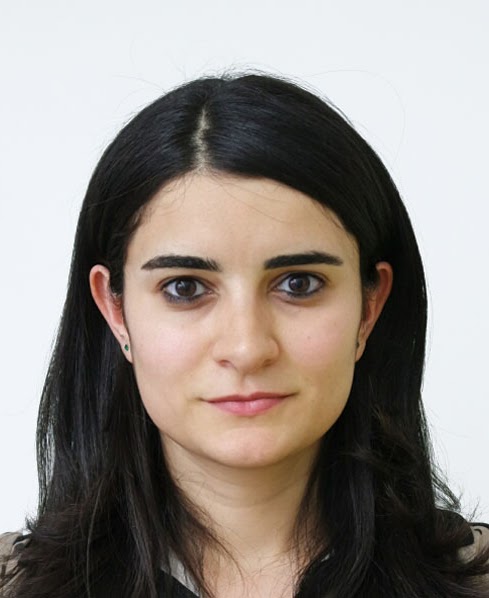Special Issue of the International Workshop on Mutation Analysis at the Journal of Software: Testing, Verification and Reliability (STVR).
Mutation analysis involves mutation of software artifacts that are then used to evaluate the quality of software verification tools and techniques. It is considered the premier technique for evaluating the fault-revealing effectiveness of test suites, test generation techniques and other testing approaches.
Ideas derived from mutation analysis have also been used to test artifacts at different levels of abstraction, including requirements, formal specifications, models, architectural design notations and even informal descriptions. Recently, mutation has also played an important role in software engineering for AI, such as in verifying trained models and their behaviors. Furthermore, researchers and practitioners have investigated diverse forms of mutation, such as training or test data mutation, in combination with metamorphic testing to evaluate model performance in machine learning and detecting adversarial examples.
In addition to the open call for papers that are on the topics of interest below, all authors with an accepted paper at the 18th edition International Workshop on Mutation Analysis (Mutation), collocated with ICST at Dublin in April 2023, are kindly encouraged to submit the extended versions of their work. We also extend the invitation to papers from the past two editions of the Mutation Workshop, 2021 and 2022, that were held virtually.
Important Dates
- Submission opens: 14th July 2023
- Submission deadline: 1st October 2023
Guest Editors
- Donghwan Shin
- Renzo Degiovanni
- Mike Papadakis (not appearing in the Proceedings)
Topics of Interest
Topics of interest include, but are not limited to, the following:
- Evaluation of mutation-based test adequacy criteria, and comparative studies with other test adequacy criteria.
- Formal theoretical analysis of mutation testing.
- Empirical studies on any aspects of mutation testing.
- Mutation based generation of program variants.
- Higher-order mutation testing.
- Mutation testing tools.
- Mutation for mobile, internet, and cloud based systems (e.g., addressing QoS, power consumption, stress testing, performance, etc.).
- Mutation for security and reliability.
- Novel mutation testing applications, and mutation testing in novel domains.
- Industrial experience with mutation testing.
- Mutation for artificial intelligence (e.g., data mutation, model mutation, mutation-based test data generation, etc.)
Review Process
All submissions will be reviewed based on the Software: Testing, Verification and Reliability (STVR) standards and will undergo a rigorous reviewing process. Reviews of extended versions of the papers presented at the previous editions of the Mutation Workshops (i.e., Mutation 2021, 2022, and 2023) may include some of the reviewers of the original papers as well as new reviewers with relevant expertise to ensure the highest possible review quality. The guest editors of the special issue are not permitted to submit.
Submission
For extended versions of workshop or conference papers, it is necessary to include at least 30% new contents and clearly explain the additional contributions. The abstract should be different from that of the original paper, and the proper citation of the original workshop/conference paper is required.
To submit your paper, please use the manuscript submission site for Software Testing, Verification and Reliability (http://wiley.atyponrex.com/journal/stvr) and select "Special Issue Paper". In the cover letter, mention that you are submitting to the “International Workshop on Mutation Analysis". Additionally, we encourage you to notify us via email when you submit your paper.
Download:
CfP-Special-Issue-STVR.pdf
Organisation
 Renzo Degiovanni
Renzo Degiovanni
 Donghwan Shin
Donghwan Shin
